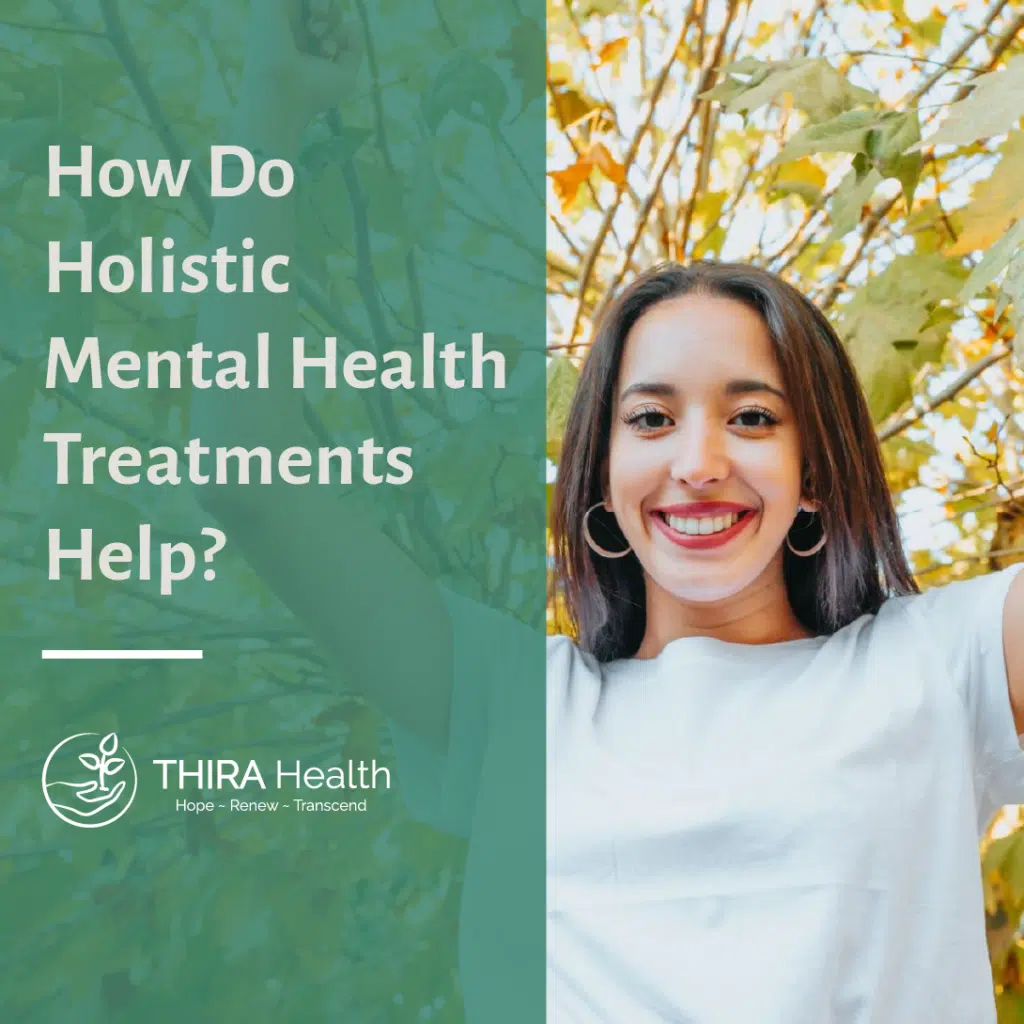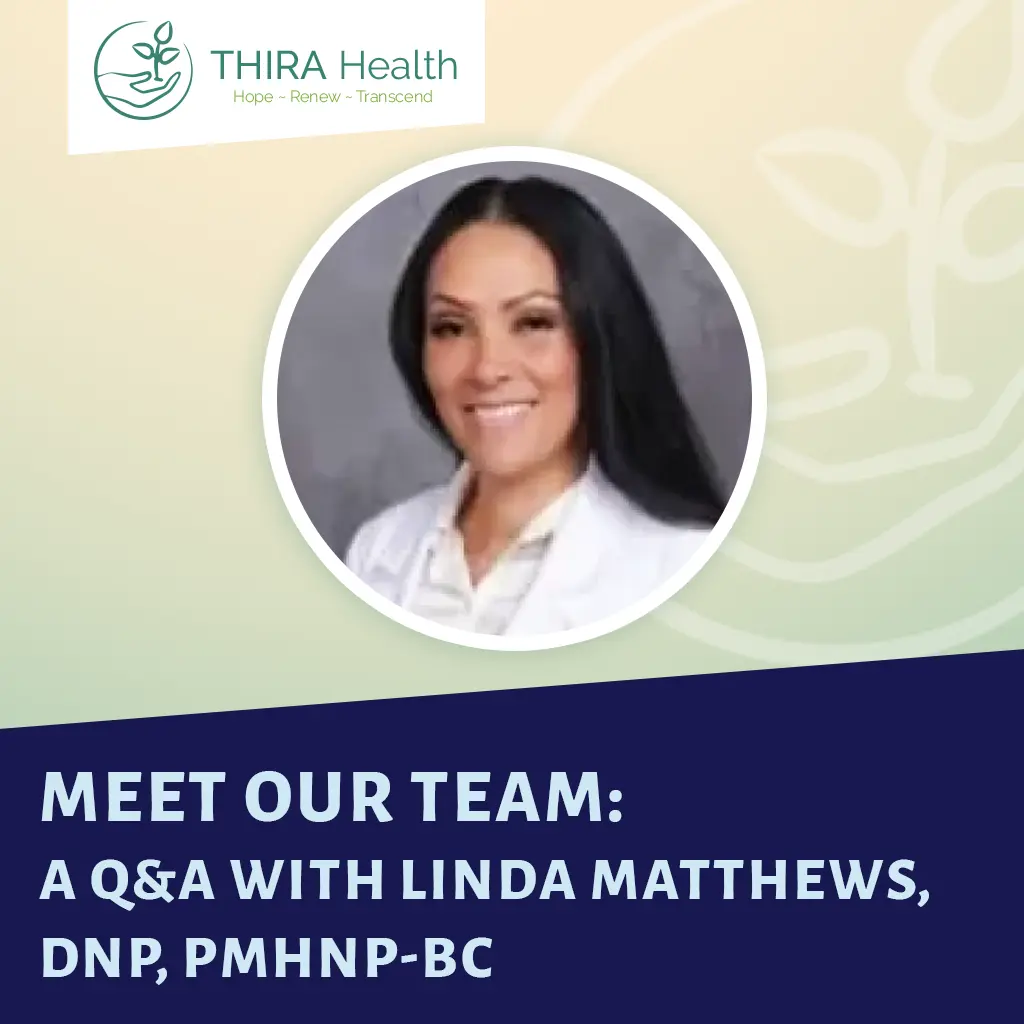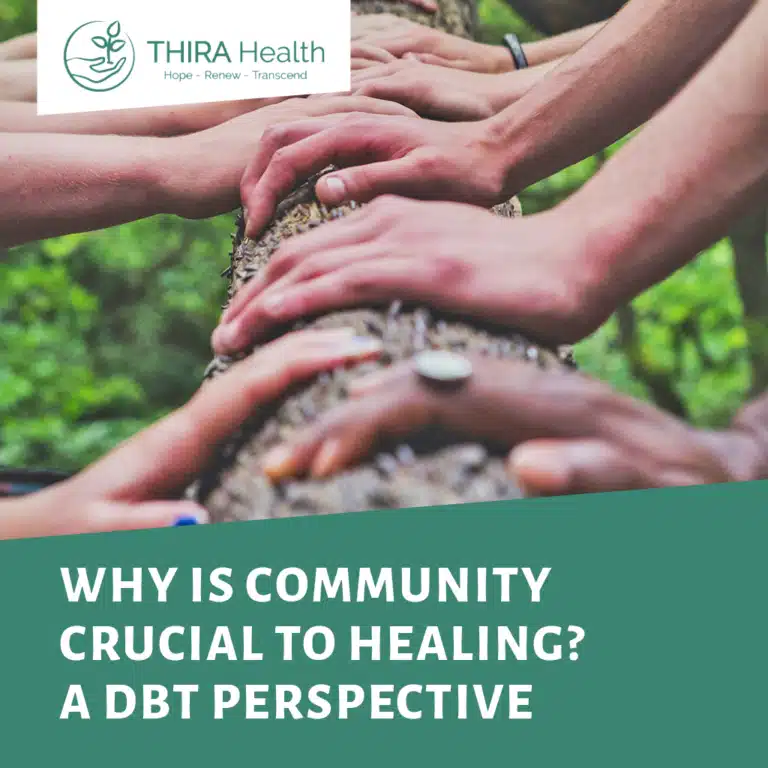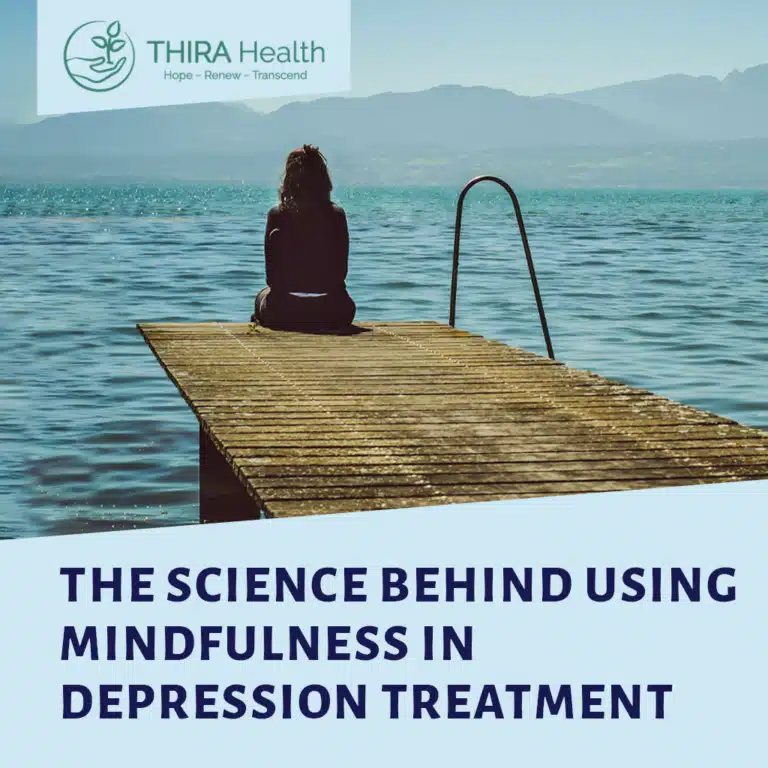When you read the word “holistic,” what comes to mind? You’ve likely seen this word, often associated with mental health and healing, but the full impact of truly holistic mental health treatment isn’t always clear from a few sentences or a quick descriptor.
“Holistic” isn’t just a buzzword that looks good on a page. By definition, holistic means “all the different parts make up a whole,” and holistic mental health treatment is an approach to mental health that considers all of you in the treatment process. Your body, mind, physical health, environment, past, interests, daily patterns and habits, and relationships are all part of what makes you who you are.
What makes mental health treatment “holistic”?
When you experience mental health disorders, holistic mental health treatment will include approaches that support you in all the facets of your life so healing can happen as a whole person. How and what you eat, your relationship to exercise and movement, your thought patterns, your culture and upbringing, your emotions, and more are all considered in your treatment.
Holistic depression treatment doesn’t mean your providers consider all of you “sick” or “unwell”; instead, when there’s an imbalance in your mental health, all the parts of you are supported so you can realign and thrive. Every part is connected to every other part of you, so helping all of you is the best way forward.
For example, if there is a physical health issue impacting your mental well-being, an overall difficulty with emotional regulation, or an issue with your past experiences influencing your mental health, holistic mental health treatment in Seattle will help both the area that’s reinforcing your mental health challenges, and also support the rest of you, so you’re cared for more completely.
What are some examples of holistic mental health treatments?
Movement and breathwork
Movement and breathwork are healthy coping mechanisms that help you feel your feelings, and holistic mental health treatment integrates deliberate movement to strengthen the mind-body connection.
When your body and mind work together, your mental health can improve, especially through deliberate movements like yoga or qigong. Strengthening the mind-body connection can improve your physical health, reduce stress, and improve your ability to recognize and express your emotions. Movement that focuses on the use of breath and motion can also help you use your breathing to soothe tough emotions that feel disproportionate or difficult.
Art therapy
Creativity and expressive arts give us a way to voice our emotions and experiences without having to put them into words. Removing the verbal component can allow people to express themselves differently and sometimes even more freely, giving them access to themselves in an additive way. Creating art also offers you a space to succeed and enjoy your accomplishments, boosting your self-worth.
This additional outlet for tough feelings and difficult experiences can enhance a holistic mental health treatment program, helping you access emotions and express them in a healthy, satisfying way.
Mindfulness
Mindfulness sounds simple, but it’s also tremendously powerful. Asking yourself to pull your attention to the here and now is revolutionary in a world where we are mostly asked to plan for the future and remember the past. It is also revolutionary for your mental well-being; the present moment may have difficulties, but it doesn’t include all the weight of past hurts or the fear of future expectations.
When holistic depression treatment teaches you how to use mindfulness, you can learn to let go of the stresses of being spread thin, reducing the impacts of your symptoms of worry and fear. You’re empowered to take charge of where you place your attention, helping you when your mind wants you to focus on future fears or past woes.
Nutritional support
Having a healthy body supports you as you work on mental health. Nutritional support from warm-hearted, caring professionals can help you learn how to choose nourishing foods that make you feel good. It can help you alleviate nutritional deficiencies that impact your mental health, and nutritional support can even help in overcoming the restrictive demands of an eating disorder by making sure your calorie needs are met.
We eat every day, and that food is our fuel. Learning how to fuel your body so your mind can thrive is an important consideration in a holistic therapy program.
Family involvement
Healing never happens in a vacuum, it takes place in everyday life, where you make use of the skills and coping mechanisms you learn in a holistic therapy program. And a major part of everyday life is your family.
Your family can learn about the skills you’re going to be using and can make changes in the home to help support you. You and your family can also be brought closer together as they develop a mutual understanding of what you’re going through. The people we live with are integral parts of our healing, and a holistic therapy program can include family education and involvement in the therapy process to help you heal in the long term.
DBT treatment
Dialectical behavior therapy (DBT) is a highly structured approach to mental health that fits neatly into holistic mental health treatment plans, making it an excellent choice for depression treatment. DBT includes individual therapy, group therapy with DBT skills practice, and on-call therapist support in real-life situations where extra help is needed. The DBT skills patients learn include emotional regulation, distress tolerance, mindfulness, and interpersonal effectiveness—all real-life skills that help people cope with mental health disorders in healthy, constructive ways.
Community involvement
Alongside support from family, taking time to participate in community can improve mental health holistically by giving people a sense of responsibility, accomplishment, and belonging. Group therapy can be a built-in community in holistic depression treatment, and volunteering and community outings can expand that connection out into the world as part of that treatment, too.
Feeling like a misfit, hopeless, or helpless are common mental health symptoms, and creating connections in community can help combat those feelings with fulfilling experiences, confidence, and self-assuredness.
Where can you find holistic mental health treatment in Seattle?
THIRA Health incorporates all these holistic treatment approaches and more to create genuinely whole-person healing programs in Seattle. Their residential, PHP, and intensive outpatient programs approach each participant as an entire person who deserves holistic support. For more information about holistic mental health treatment in Seattle, contact THIRA Health today.







